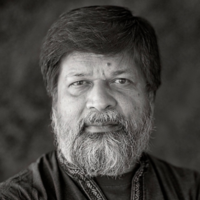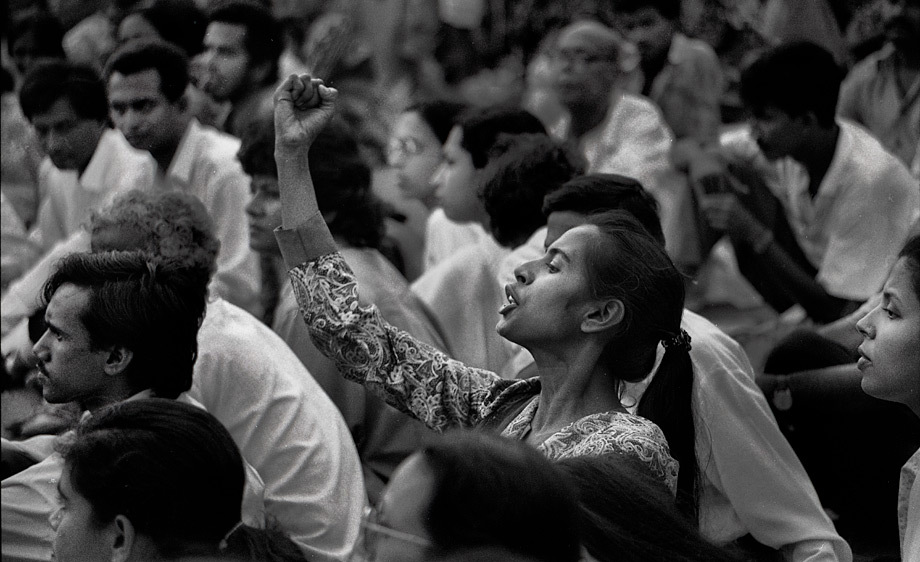Interview with Shahidul Alam by Daniel Boetker-Smith

In one of his first major interviews since the events of late last year, Alam talks to Daniel Boetker-Smith about the upcoming festival, the political power of photography, and the state of the medium in Bangladesh, South Asia and beyond.

DBS: Given recent events that we have all followed closely, how has planning for this Festival been different to previous years?
SA: The last few months have meant that this year’s festival is coming back to its roots. Chobi Mela began as a very small event, and over the past 20 years it grew significantly in stature. But this year, we are activating a diverse range of less formal exhibition venues around Dhaka. This shift is one of necessity, because Chobi Mela is not an organization that everyone in Bangladesh wants to work with at the moment—we are seen as dangerous. A lot of previous supporters and sponsors of the festival are businesses in Dhaka, and right now they are being tested. They know that their decisions are being monitored and that there is high level of government surveillance surrounding the event. Because of this, we have had to be more inventive, finding new ways to show work, utilizing different types of exhibition and event spaces for photographers and audiences. Some public venues and government-owned buildings are no longer available to us, and we are choosing to see this as an opportunity to move away from the traditional ‘white cube’ mode of presentation, to a much more raw and community-oriented festival. Continue reading “There’s Power in Photography: The Undying Resilience of Dhaka’s Chobi Mela Festival”


